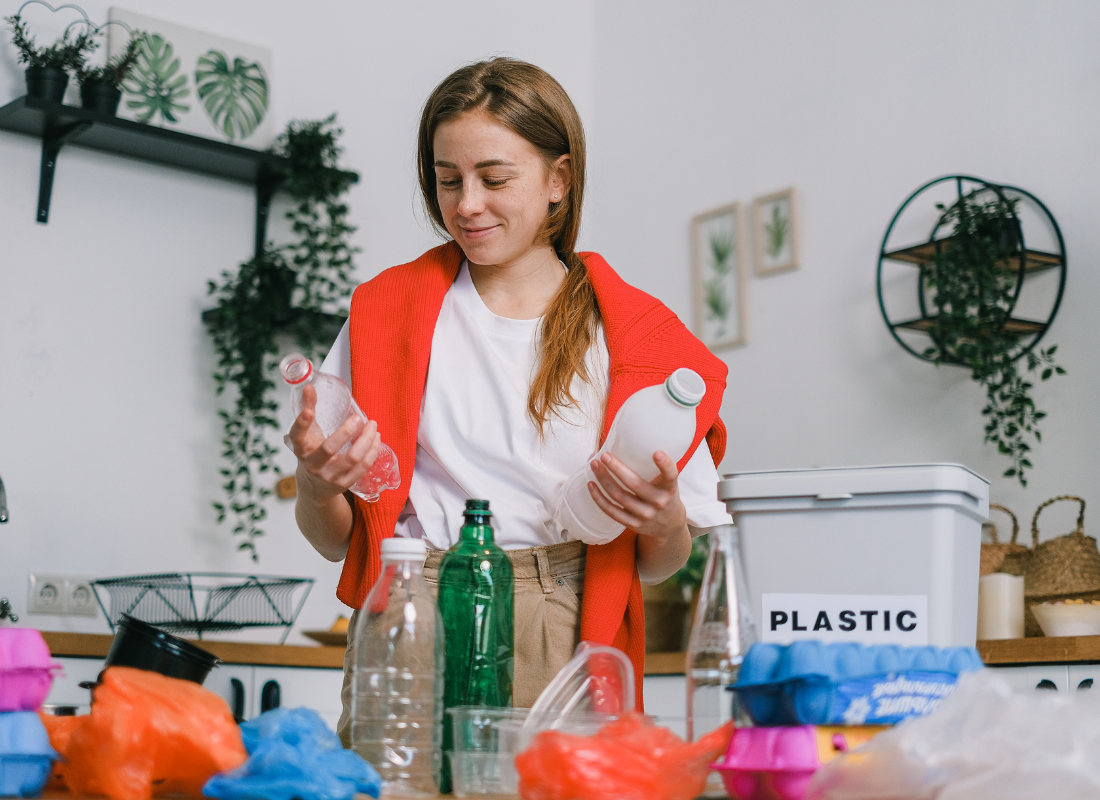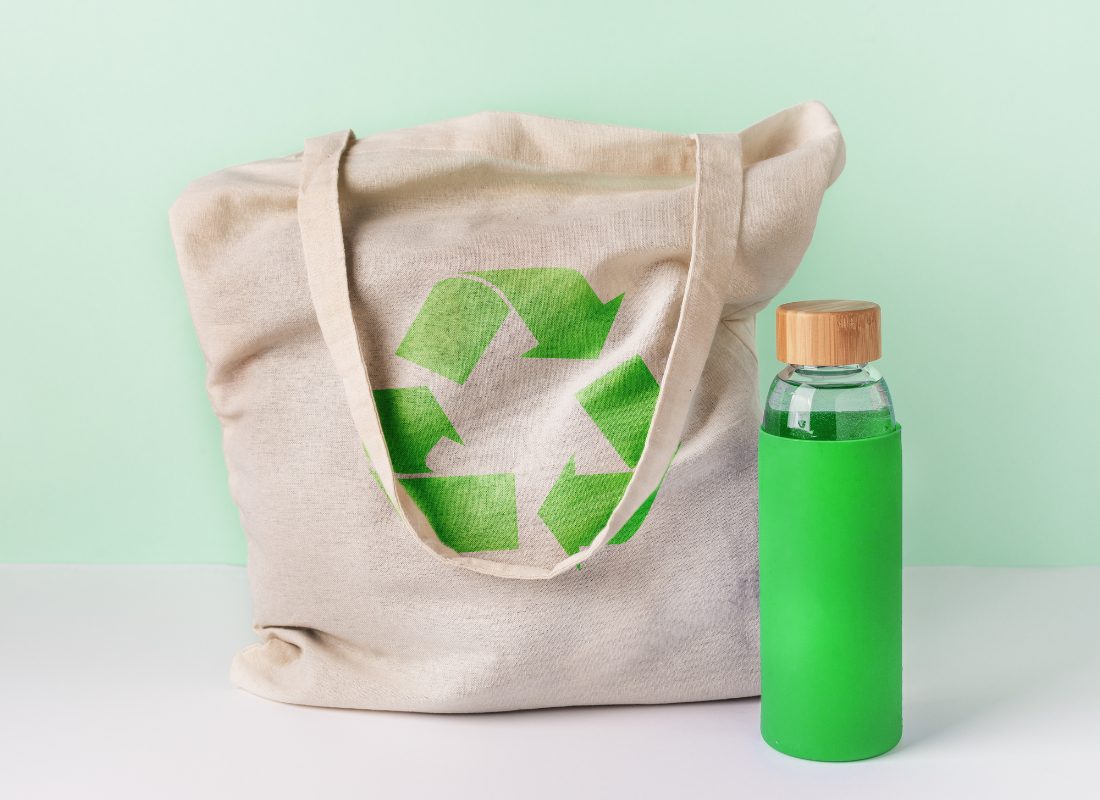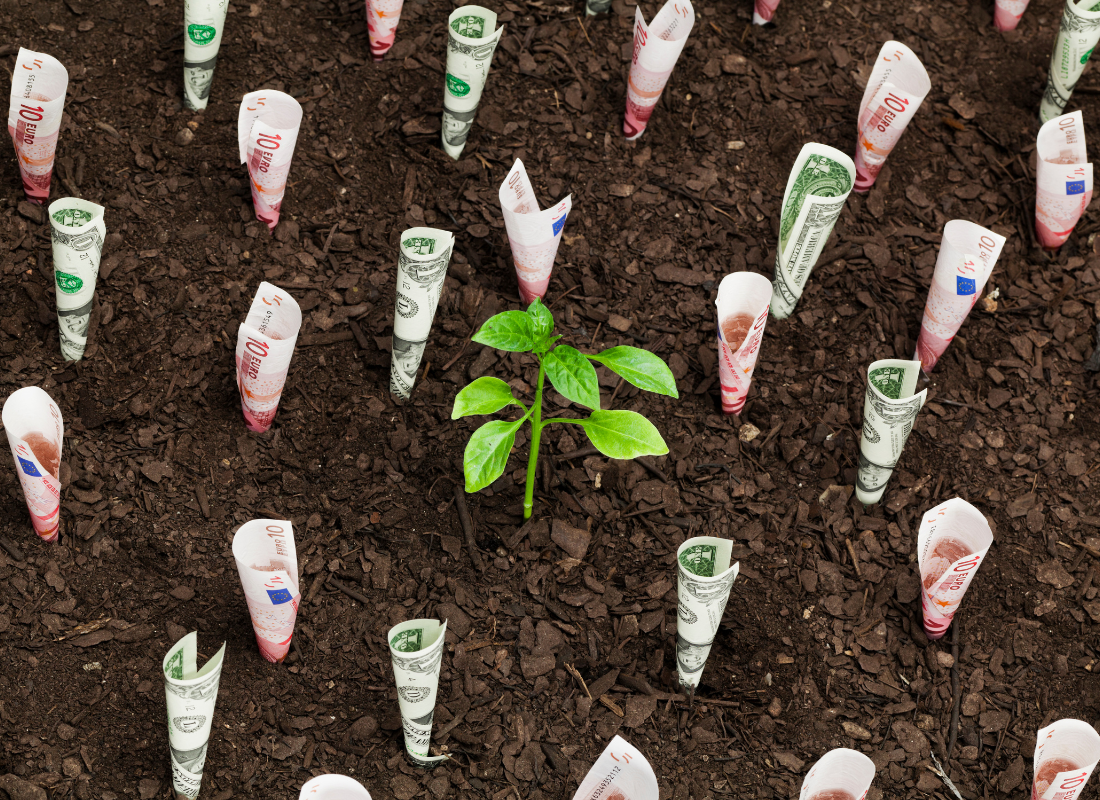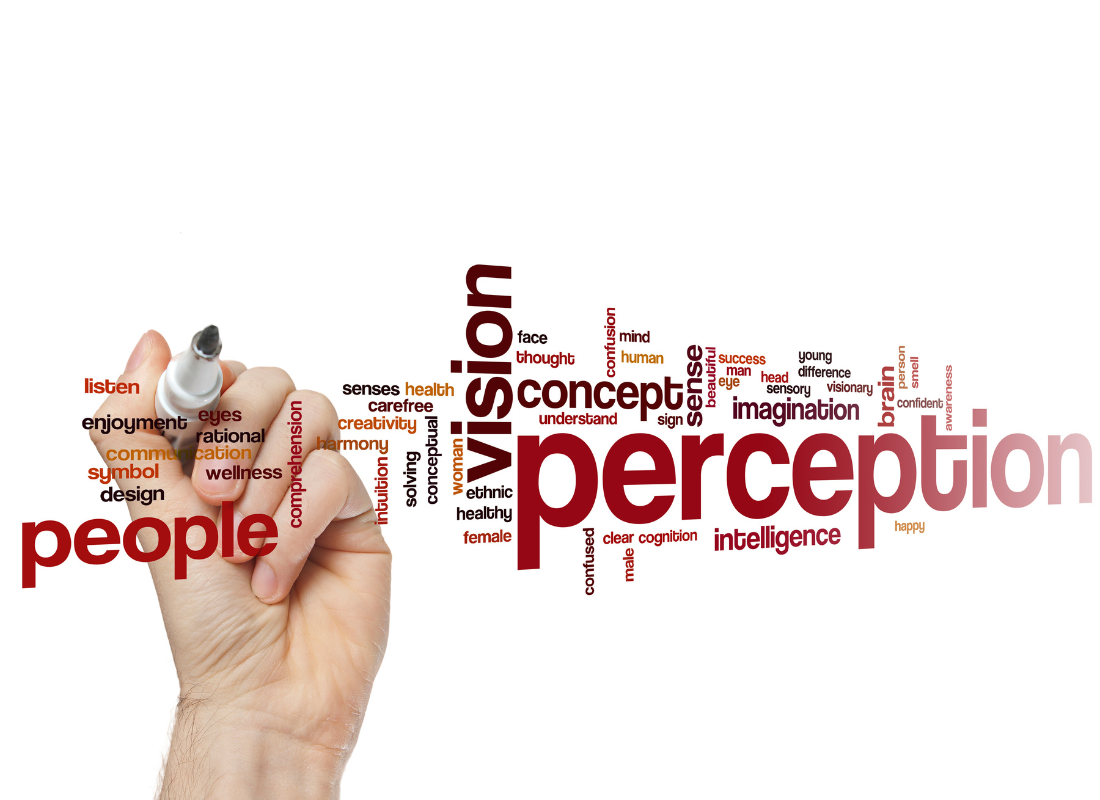
In an era where environmental consciousness is increasingly in the spotlight, one might expect consumer behavior to align closely with sustainable practices. However, the reality is far more complex. Despite widespread claims of environmental concern, consumer actions often fall short of supporting sustainability.
This paradox is driven by several key factors that highlight the challenges of translating green intentions into meaningful action.

Sustainable Options Are Expensive
One of the biggest deterrents to sustainable consumption is cost. Environmentally friendly products, such as organic food, electric vehicles, and eco-friendly fashion, often come at a premium price compared to conventional alternatives.
For many consumers, affordability takes precedence over sustainability, making it difficult to justify spending more on greener options, especially during economic downturns. While sustainability is an appealing concept, it remains a luxury for those who can afford it rather than a mainstream choice.
The Intention-Action Gap
Many consumers express a desire to be environmentally responsible, yet fail to follow through with their purchasing decisions, highlighting a well-documented phenomenon in behavioral science known as the intention-action gap. This gap refers to the discrepancy between individuals’ expressed intentions or attitudes and their actual behaviors.
Surveys frequently reveal that people claim to support sustainability, but their actual buying habits do not reflect these values. Despite having positive intentions or attitudes towards sustainable consumption, individuals often do not consistently act on these intentions.
In real-world choices, factors such as convenience, availability, and price tend to overshadow sustainability considerations, indicating a significant attitude-behavior gap. This gap is particularly evident in areas like sustainable consumption, where the desire to make environmentally friendly choices is not matched by corresponding actions.
Fear of Greenwashing
Consumers are increasingly wary of greenwashing—the practice where companies falsely market products as environmentally friendly to appeal to eco-conscious buyers. Scandals involving misleading sustainability claims have made many people skeptical of green products, fearing that they are simply paying a premium for marketing hype rather than genuine environmental benefits.
This skepticism discourages consumers from investing in sustainable options, as they feel uncertain about whether their purchases are making a real impact. Transparency and trust are essential, which is why we prioritize clear, verifiable sustainability claims for our edible straws, ensuring that customers can feel confident in their eco-friendly choices.
The Perceived Futility of Individual Action
Many consumers believe that their individual choices will not make a significant difference in the grand scheme of environmental challenges. With corporations and industries being the primary contributors to pollution and waste, people feel powerless in their efforts to create change through personal consumption.
This sense of helplessness discourages them from making sustainable choices, reinforcing the idea that their actions are insignificant. However, small changes—such as swapping out plastic straws for edible ones—can contribute to larger environmental benefits when adopted widely.
The Desire for Green Perception Over Genuine Concern
In many cases, consumers prioritize appearing environmentally conscious rather than actively making a difference. Sustainable consumption often becomes a status symbol, with individuals opting for trendy green products that enhance their public image rather than embracing sustainability in their everyday habits.
This performative aspect of green consumerism leads to superficial engagement with sustainability rather than meaningful behavioral change. Our goal is to encourage authentic sustainability by offering a product that seamlessly integrates into daily life without requiring extra effort or cost.
Green Consumption and Fast-Moving Consumer Goods
When it comes to everyday purchases, particularly fast-moving consumer goods (FMCG) like groceries, toiletries, and household products, sustainability is frequently overlooked. Instead, consumers prioritize factors such as price, brand familiarity, and product appearance.
Sustainable options in these categories are often ignored due to convenience, lack of awareness, or a perceived lack of necessity. By offering edible straws as an eco-friendly, functional, and fun alternative, we aim to make sustainability more attractive and easy to adopt in everyday consumer habits.
Bridging the Gap
Consumer behavior significantly impacts environmental sustainability, but multiple barriers prevent people from fully committing to green choices. The high cost of sustainable products, skepticism about corporate claims, the perceived ineffectiveness of individual actions, and the prioritization of image over genuine concern all contribute to the gap between sustainability intentions and actual behavior.
Addressing these issues requires a multifaceted approach, including greater affordability of green products, stricter regulations against greenwashing, and increased consumer education to encourage more responsible consumption.
Companies like The Happy Turtle Straw play a role in making sustainability accessible, offering solutions like edible straws that allow consumers to make eco-friendly choices effortlessly.
Only by overcoming these challenges can we hope to bridge the gap between sustainability ideals and real-world purchasing behavior.











